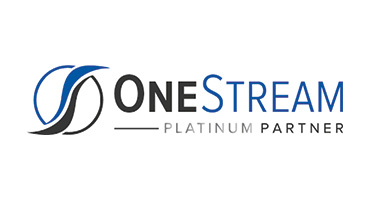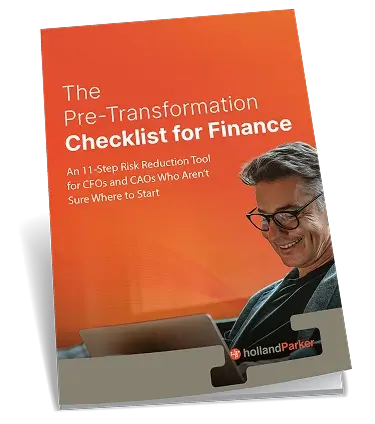

Management Information Systems (MIS) is now in the sixth era of cloud computing. We’ve come a long way since mainframes were introduced decades ago. However, this transition to cloud computing still has hiccups with global organizations trying to integrate several different aspects of MIS — whether enterprise resource planning, financial accounting systems, business intelligence, and others.
From our experience with MIS systems in organizations, the primary constraint is the inability to deliver or receive validated data when needed. Whether it’s legacy applications not speaking the same language, cloud-based data not working together, or another data constraint, organizations cannot move forward making critical decisions without optimizing their data.
Maeve Cummings, co-author of Management Information Systems for the Information Age, said it best that MIS is delivering “the right information in the right place at the right time.” Then, organizations can make informed decisions to positively impact corporate performance.
How to Address the MIS Constraints
If your organization is not able to deliver the right information in the right place at the right time to users, decision-makers, and stakeholders, it may be time to perform an evaluation of your MIS capabilities.
Addressing The Right Information
When you think about needing to have the “right information” delivered throughout your organization, what constraints comes to mind? Perhaps you immediately think of one of the following challenges…
- Inaccurate data
- Inconsistent data
- Not useful data
- Redundant data
- Outdated data
Data drives everything in today’s corporate decision-making. If your organization is routinely affected by one or some of these constraints, you know how challenging it is to make accurate decisions.
Perhaps the data is constrained by manual entry or reliance on Excel spreadsheets. While spreadsheets may have been effective in previous MIS eras, today’s global organizations should be thinking of how to move away from spreadsheets to more automated processes that increase the reliability of the data.
Addressing the Right Place
Another important element of MIS is being able to deliver the data to the right place.
Unfortunately, many global organizations are set up for the data to be siloed in specific departments or specific business units. However, today’s global business environment calls for data to be useful across the organization.
For example, financial or accounting data needs to be pulled from the Financial Accounting team to be used by executive leadership or management to guide decision-making.
It’s important for global organizations to see financial reports, cash flow statements, balance sheets, etc. as vital pieces of the overall puzzle impacting corporate performance, not separate puzzles that live in separate parts of the business.
The key is being able to optimize the data for use by decision-makers in the organization. Data needs to be flexible and agile — the CEO needs a different view of financial performance than the CFO. Without this flexibility, your organization will be challenged to provide the right data in the right place.
[elementor-template id=”5244″]
Addressing the Right Time
Timing is everything in life and global business. Organizations cannot rely on a reactive approach to evaluating corporate performance.
For example, if you’re using last quarter’s financial report to guide current decision-making, it’s too late. Sure, certain lagging indicators are helpful to evaluate and include in the discussion, but leading indicators are the most useful in today’s business environment.
Here’s the key. The quality of the data will affect the quality of your leading indicators. Going back to having the right information in your organization, if the data is inaccurate, unreliable, inconsistent, or clogs up important views, it is virtually impossible to make forward-looking decisions with confidence.
When your data is accurate, reliable, consistent, and presented in the right view to the right people, then your organization can confidently step into predictive analysis, forward-thinking evaluation, and advanced decision-making to set the right course for the organization.
Consider A Modern Software Platform for Enhanced Data
What would it mean for your organization to have accurate and reliable data delivered to the right people at the right time to positively affect decision-making?
In this current era of MIS, organizations are realizing how important the data is to impact corporate performance.
That’s why we recommend a modern, unified software platform delivered by OneStream to support the financial, accounting, and business processes in your organization.
The OneStream XF software platform integrates with your enterprise resource planning platform and other platforms to gather and deliver accurate data on-time across the organization.
Financial data quality management is built into the software platform to ensure data reliability and maximum confidence using the data.
- Simplified data integration
- Improved data integrity
- Audit trails for the data
Our consulting firm is a Platinum OneStream implementation partner. We have worked with numerous global organizations to implement OneStream to address complex business, financial, and accounting needs.
Contact us today to inquire about why OneStream is the right fit for your organization and how to utilize OneStream to positively impact corporate performance.




